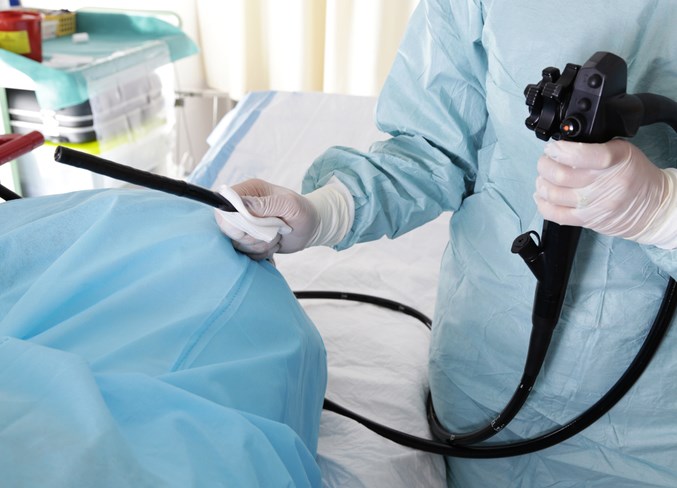COLD LAKE – Cold Lake is among several Alberta communities set to benefit from a provincial investment aimed at improving access to primary health care in rural areas.
The Alberta government has announced $22 million in funding through two new initiatives that aim to bring more doctors and health professionals to rural communities, and local leaders are welcoming the news.
“It is definitely good news that Cold Lake has been selected for rural locations,” said Cold Lake Mayor Craig Copeland. “The community is very invested in trying to find more doctors to come to Cold Lake.”
The Rural Team Recruitment Grant and the Rural and Remote Family Medicine Resident Physician Bursary Pilot Program are part of Alberta’s Rural Health Action Plan. Together, they aim to recruit and retain healthcare professionals and expand team-based care in rural and remote areas. Cold Lake will receive funding through both programs.
“This is a great example of how we’re delivering real improvements in primary health care,” said Adriana LaGrange, Minister of Primary and Preventative Health Services. “Our bursary program will help bring more family doctors to rural communities, and the team-based care grants mean Albertans will have better access to health professionals who can support their needs.”
In Cold Lake, where a 2022 municipal census showed that 40 per cent of residents don’t have a family doctor, the need is urgent. The Rural Team Recruitment Grant will allow local clinics to hire more full-time health professionals such as nurses, pharmacists, and physiotherapists.
“I think this is a good piece that is going to help bring doctors to rural Alberta,” said Copeland. “I applaud the province for coming forward on this initiative.”
The bursary program will provide up to $200,000 in financial support to medical residents who train in remote areas and commit to practicing there after graduation. These residents are more likely to stay in the communities where they train, making the initiative a long-term investment in rural healthcare.
“This bursary is an investment in Alberta’s future,” said Justin Wright, parliamentary secretary for rural health (south). “It gives resident physicians the support they need while helping rural and remote communities attract and keep family doctors.”
Copeland said Cold Lake has already made strides in physician recruitment, with help from community groups like Hearts for Healthcare and city-supported incentives. But as the population continues to grow, especially with the arrival of the F-35 fighter jet program at 4 Wing, healthcare demand is expected to rise further.
“Everybody's done a great job recruiting some recent doctors in our community. But, you know, our population is growing. And so, the more doctors that we can get into our community, the greater,” he said.
“The more specialists, the more doctors, family GPs we can get to Cold Lake is just going to help those that don't have a doctor and also help with work-life balances, and that we're not burning our docs out at the hospital covering ER . . . and all that.”
Copeland has long envisioned Cold Lake Hospital becoming a regional medical hub for northeastern Alberta.
“We've been trying to champion getting an MRI machine in Cold Lake . . . We would like to see not only that urgent care but also look at expanding the hospital, increase the parking, just to improve the level of service for healthcare so people don't have to go away.”
With funding now in place and planning underway, Copeland sees this as a major milestone in Cold Lake’s healthcare journey.
“I think we need to get a really deep dive into a planning document for the Cold Lake Hospital,” he said. “Cold Lake was also identified as an urgent care facility . . . they're just starting to talk about the planning stages.



